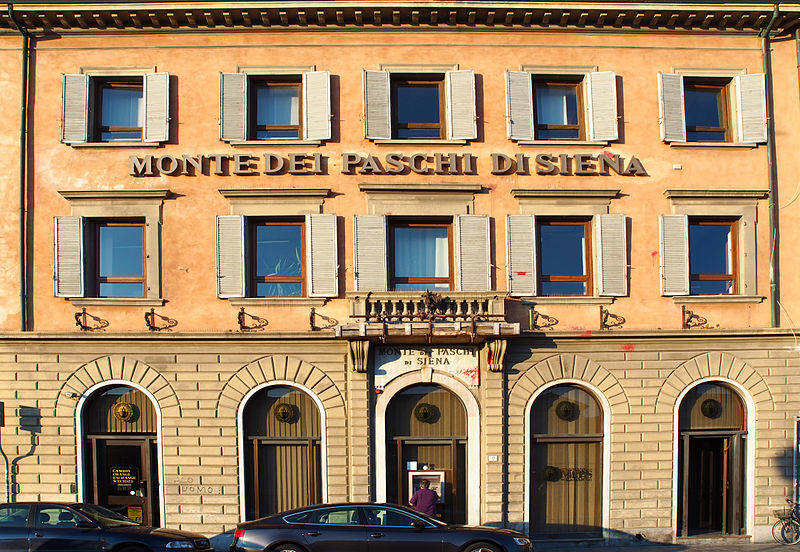The world’s first bank is often considered to be the Banca Monte dei Paschi di Siena, which was founded in Siena, Italy, in 1472. The bank is still in operation today, making it the oldest surviving bank in the world.

The Banca Monte dei Paschi di Siena was originally founded as a charitable organization to provide loans to the poor. However, it soon began to offer other banking services, such as deposits, withdrawals, and money transfers. The bank played a significant role in the development of the Italian banking system, and it is still a major financial institution in Italy today.
SEE ALSO: When Was Money First Used?
Here are some of the reasons why the Banca Monte dei Paschi di Siena is considered to be the world’s first bank:
- It is the oldest surviving bank in the world. The bank has been in continuous operation since its founding in 1472.
- It was founded as a charitable organization. The bank’s original purpose was to provide loans to the poor, which is a characteristic of early banks.
- It offered a variety of banking services. The bank offered deposits, withdrawals, money transfers, and other financial services from an early date.
- It played a significant role in the development of the Italian banking system. The bank was one of the first banks to be established in Italy, and it helped to develop many of the practices that are still used by banks today.
While there are other banks that claim to be older than the Banca Monte dei Paschi di Siena, these claims are often disputed. For example, the Banco di San Giorgio, which was founded in Genoa, Italy, in 1407, is often cited as the world’s first bank. However, the Banco di San Giorgio was not a true bank in the modern sense, as it did not offer deposits, withdrawals, or money transfers.
Therefore, the Banca Monte dei Paschi di Siena is generally considered to be the world’s first bank based on its continuous operation, its charitable origins, its wide range of services, and its role in the development of banking.
